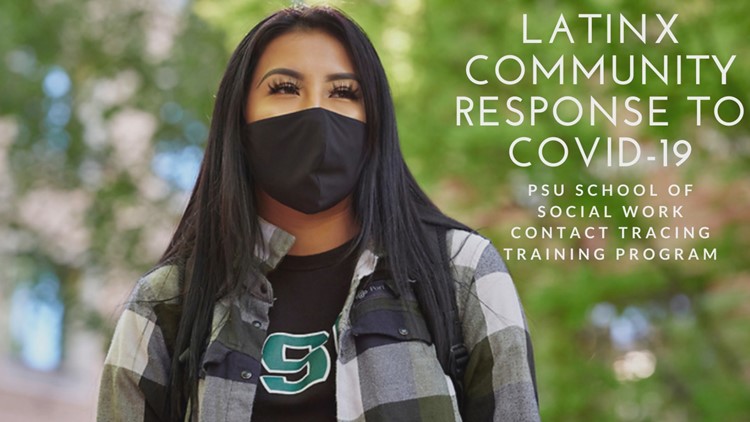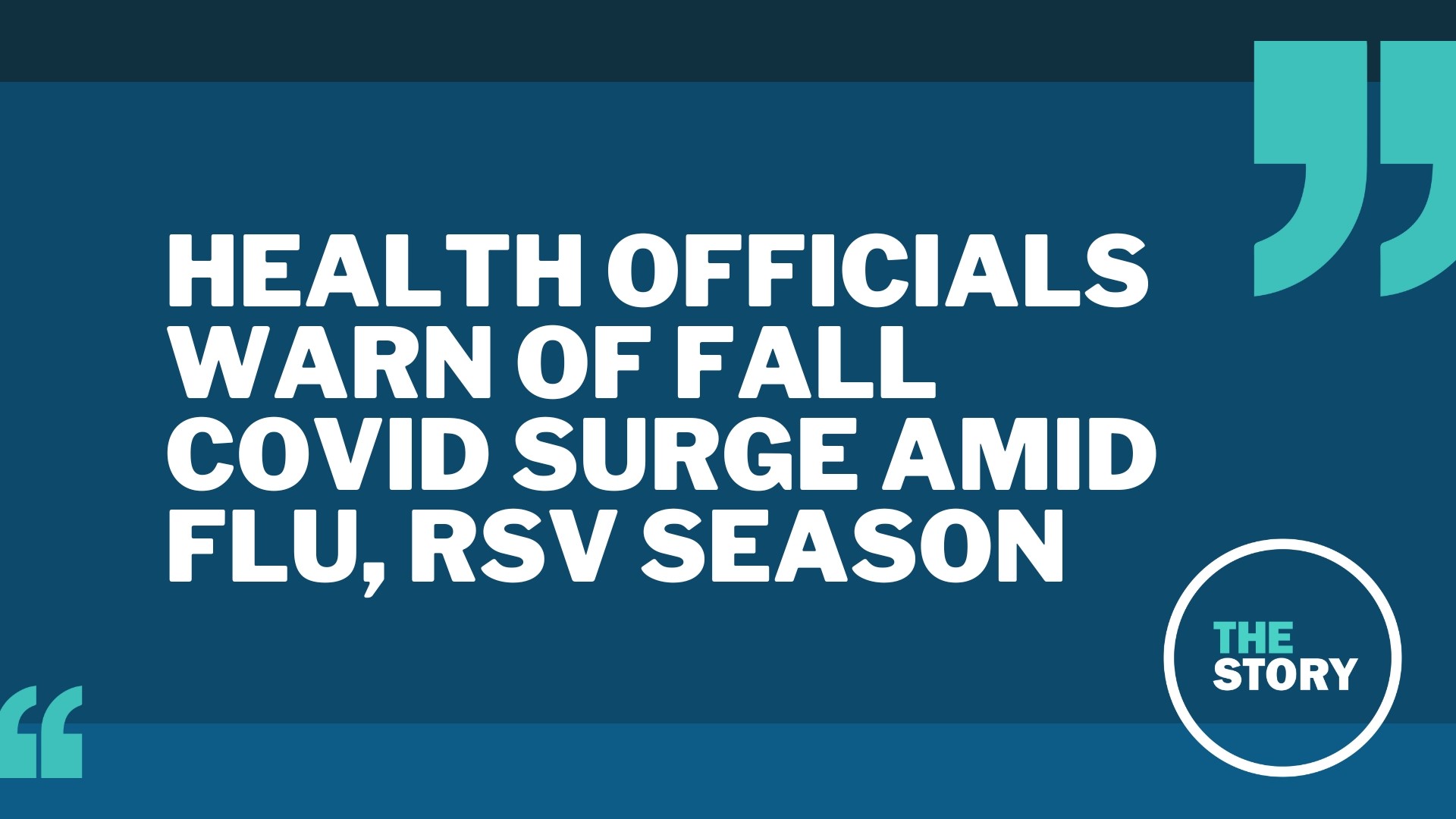PORTLAND, Ore. — Portland State University is about a month into a new contact tracing and community outreach program, piloted by Latinx student leaders.
While Oregon continues to battle rising COVID-19 cases, professor Roberto Orellana with PSU's School of Social Work has been tracking the disproportionate impact on the state's Latinx community. He said numbers have been grim "since day one."
Despite only making up 13% of Oregon's population, Latinx people represented 39% of all coronavirus cases in late summer. That is down to about 27% in recent January counts, but has ranged up to about 40% over the course of the pandemic.
Orellana said many factors are at play.
"Poverty, lack of education, lack of access to [health] care, stigma, discrimination..." he described.
Many in the Latinx community serve as frontline essential workers, unable to work remotely. Those workers face higher risk of exposure. Families in multigenerational homes also have more difficulty preventing spread to other family members.
"There's really no place to separate," Orellana said.
The burden of COVID-19 carried by Latinx communities in Oregon inspired Orellana to design a program for bicultural and bilingual students to train and serve as contact tracers.
Oregon Latino Leadership Network provided funding for 65 students in the School of Social Work to receive contact tracing training from Johns Hopkins University. They also received culturally-tailored, bilingual training from PSU. As of Jan. 1, the students are certified contact tracers.
Many of the students involved already work in community-based organizations. Orellana said this means their tracing and vaccine outreach is more likely to be heard in marginalized communities than from distrusted government sources.
"When [the government] put kids in cages ... then that same government comes and says 'hey, take this vaccine...' there's going to be some hesitancy," Orellana explained.
Orellana said representation from Latinx people in these outreach positions helps foster stronger trust and role modeling to other Latinx Oregonians.
In past interviews with KGW, Veronica Leonard with Latino Network said uplifting harder-hit Latinx communities helps overall public health.
"[By] getting the vaccine to our community members, we will then help ensure the broader community stays safe," Leonard said.
Orellana said social and structural barriers for people of color accessing health services will remain after COVID. He emphasized the crisis response now is a lesson to establish stronger supports before the next public health disaster.
"It's not up to these communities to fight the social and structural factors on their own. It requires the whole society," Orellana said. "We all need to work together to make sure no neighbor of ours has to deal with extra barriers to care."



